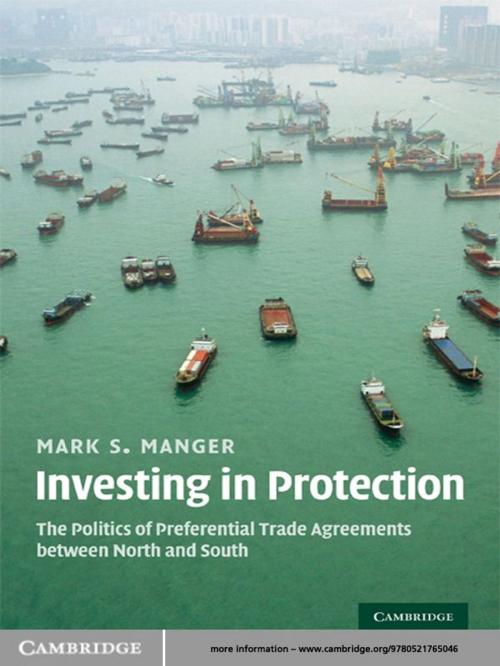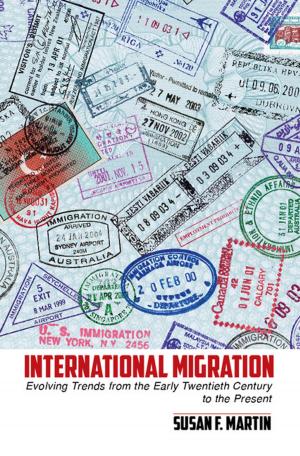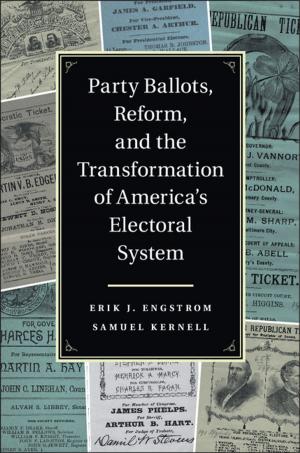Investing in Protection
The Politics of Preferential Trade Agreements between North and South
Nonfiction, Social & Cultural Studies, Political Science, International, International Relations, Business & Finance| Author: | Mark S. Manger | ISBN: | 9780511699511 |
| Publisher: | Cambridge University Press | Publication: | September 3, 2009 |
| Imprint: | Cambridge University Press | Language: | English |
| Author: | Mark S. Manger |
| ISBN: | 9780511699511 |
| Publisher: | Cambridge University Press |
| Publication: | September 3, 2009 |
| Imprint: | Cambridge University Press |
| Language: | English |
Since the early 1990s the world has seen an explosion of preferential trade agreements (PTAs) between North and South. Mark Manger argues that current North-South PTAs are not primarily about liberalizing exports as is usually assumed. Rather, they are driven by the needs of foreign direct investment. The interests of multinational firms in investing in developing countries converge with the desires of the host countries to attract foreign capital. Yet to be politically feasible in the developed country, North-South PTAs must discriminate against third countries. PTAs thus create a competitive dynamic between countries, as excluded firms lobby their governments to restore access to important investment locations, leading to yet more preferential agreements. Based on extensive research in Europe, Japan, and the Americas and interviews with decision-makers in governments and the private sector, this book offers a new perspective on the roles of the state and corporations in international trade.
Since the early 1990s the world has seen an explosion of preferential trade agreements (PTAs) between North and South. Mark Manger argues that current North-South PTAs are not primarily about liberalizing exports as is usually assumed. Rather, they are driven by the needs of foreign direct investment. The interests of multinational firms in investing in developing countries converge with the desires of the host countries to attract foreign capital. Yet to be politically feasible in the developed country, North-South PTAs must discriminate against third countries. PTAs thus create a competitive dynamic between countries, as excluded firms lobby their governments to restore access to important investment locations, leading to yet more preferential agreements. Based on extensive research in Europe, Japan, and the Americas and interviews with decision-makers in governments and the private sector, this book offers a new perspective on the roles of the state and corporations in international trade.















